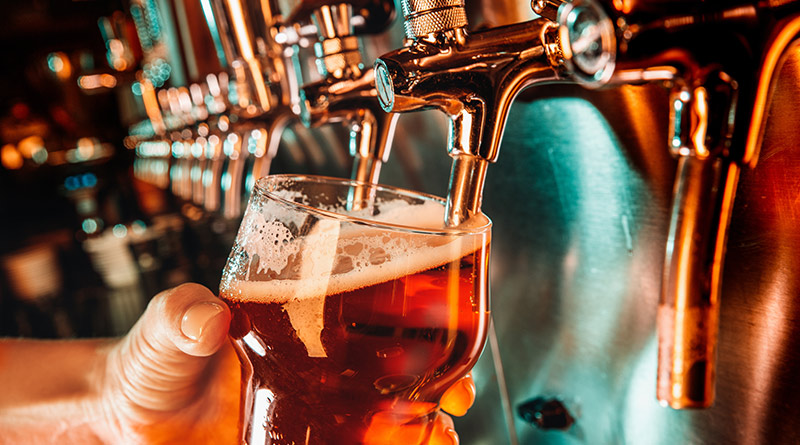BBPA Responds to Public Health Scotland’s MUP Report

Public Health Scotland (PHS) has published the final report on the independent evaluation of the impact of minimum unit pricing (MUP) for alcohol in Scotland. Evidence shows that MUP has had a positive impact on health outcomes, including addressing alcohol-related health inequalities. It has reduced deaths directly caused by alcohol consumption by an estimated 13.4% and hospital admissions by 4.1%, with the largest reductions seen in men and those living in the 40% most deprived areas.
MUP led to a 3% reduction in alcohol consumption at a population level, as measured by retail sales. The reduction was particularly driven by sales of cider and spirits through the off-trade (supermarkets and shops) products that increased the most in price. Evidence from a range of data sources shows that the greatest reductions were amongst those households purchasing the most alcohol, with little impact on households purchasing at lower levels.
For those people with alcohol dependence there was limited evidence of any reduction in consumption and there is some evidence of consequences for those with established alcohol dependence on low incomes, that led them to prioritise spending on alcohol over food. At a population level there is no clear evidence of substantial negative impacts on social harms such as alcohol-related crime or illicit drug use.
The evaluation report shows that while the impact on alcoholic drink producers and retailers varied depending on the mix of products made or sold, there is no clear evidence of substantial negative impacts on the alcoholic drinks industry in Scotland as a whole.
Responding to the report, Emma McClarkin, CEO of the Scottish Beer & Pub Association said: “It is positive to see a continued reduction in alcohol health related harms, this follows a sustained trend of decline which predates the introduction of MUP. It also comes after over a decade of investment from industry in responsibility messaging, substantial growth of low and no products through innovation and advertising, as well as a host of regulatory interventions such as discount bans, happy hour bans, restrictions to the hours of offsales and much more. So, while the reduction in health harms is rightly celebrated, we question if this can be directly attributed to MUP.
“We must also be mindful of the unintended consequences of MUP in its current blunt form and its interaction with other government policies. As highlighted in the evaluation, there has been a negative impact on those with dependency issues and drinking at harmful levels. This has led to these people switching to stronger products, particularly vodka, resulting in increased toxication as reported by themselves and their families. The evaluation also notes MUP has resulted in other unintended consequences like ‘reduced spending on food and utility bills, increased borrowing from family, friends or pawnbrokers, running down savings or other capital, and using foodbanks or other forms of charity’.
“The introduction of a DRS, now without glass, could further drive consumers towards higher strength products, like vodka as they will have no deposit. In comparison, as multipack of aluminium cans could have as much as £4.80 added on top of the price. This all must be considered before the Scottish Government and Parliament decide on whether or not to continue MUP in its current form beyond next May, or potentially adapt it to take account of DRS and avoid disincentivising the consumption of lower strength products.”
